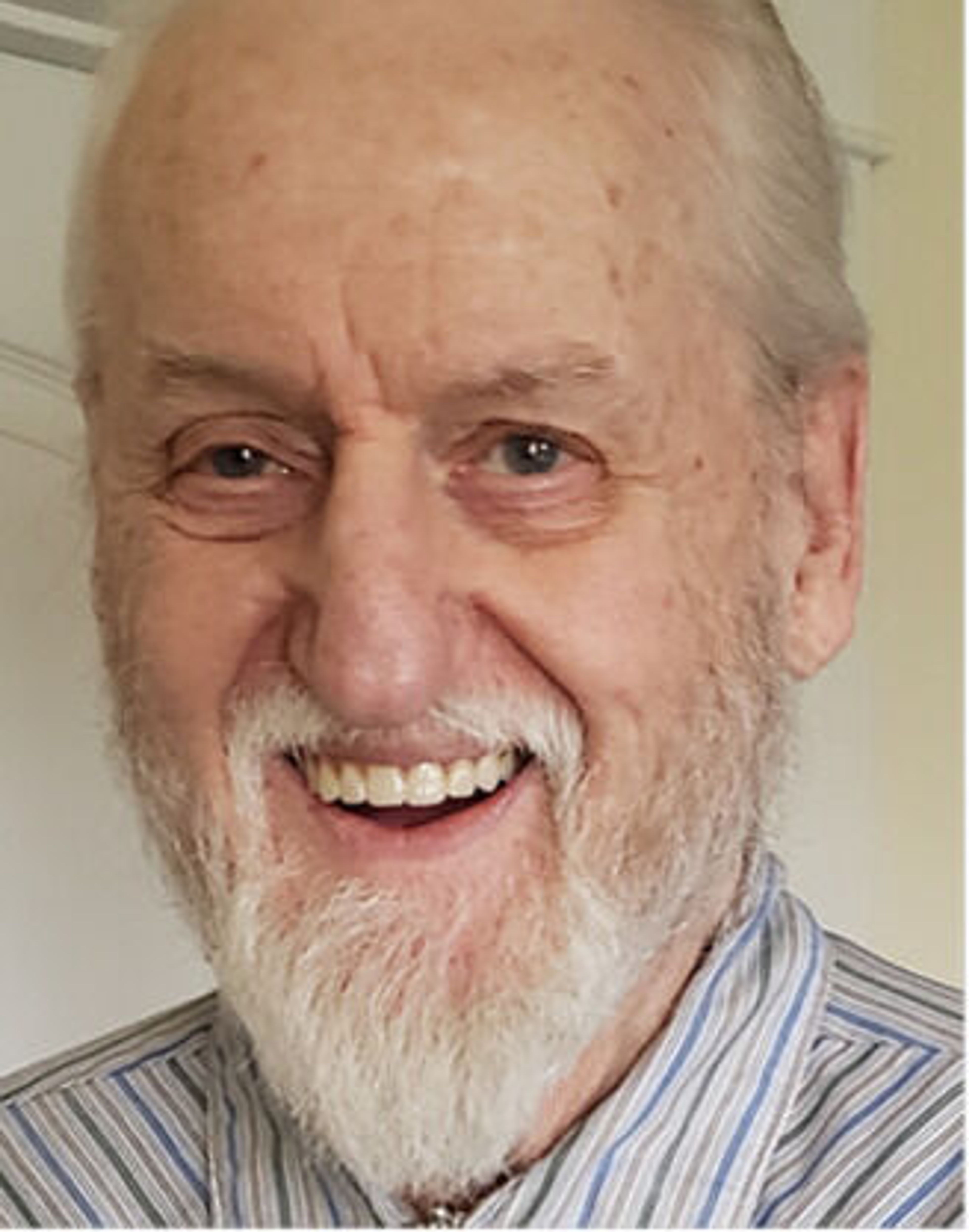Former President Donald Trump is the genius that he thinks he is, at least when it comes to spreading lies and convincing people to keep believing them even after they have been proven wrong.
That’s the conclusion I came to after reading a major literature review of psychology research papers.
“The psychological drivers of misinformation belief and its resistance to correction” was written by 10 authors in four countries.
They concluded, “False beliefs generally arise through the same mechanisms that establish accurate beliefs.”
That includes a long-established phenomenon that “ … repetition increases belief in both misinformation and facts.”
This misinformation study had nothing specifically to do with Trump, but obviously, almost everyone who is aware of Trump’s political life (and who isn’t?) knows that he lies, and continues to repeat lies even when they are exposed by truth.
Repetition codes the brain to remember the message. This, of course, is basic in learning anything. That’s why repetition is known as the mother of pedagogy.
Information, true or false, also appeals to people depending on their worldview.
“Messages are more pervasive and seem more true when they come from sources perceived as credible rather than non-credible,” the authors say.
Misinformation is especially damaging when it comes from experts and political elites. The authors cite, “For example, false claims about public health such as COVID-19 made by political leaders can reduce the perceived threat of the virus as well as the perceived efficacy of countermeasure, decreasing adherence to public health measures.
“Another finding was that emotions affect perceptions of truth or falsity. For example, anti-vaccination activists frequently use emotional language. Emotion can be persuasive because it distracts readers from potentially more diagnostic cues, such as source credibility.
“Anger also has been shown to promote belief in politically concordant misinformation,” authors wrote.
Correcting false information is difficult because attempts to correct it involve repeating the false information, which can strengthen the falsity in the minds of people who have heard it before.
Attempts to correct disinformation that is supported by personal or social-cultural identity may backfire, the authors warn. “They can be interpreted as attacking one’s identity, resulting in a chain of reaction appraisals and emotional responses that hinder information revision.”
So, how should truth purveyors combat misinformation?
There are essentially variations of two strategies. The authors present them as ”prebunking” and debunking.
Prebunking is proactive. It involves getting ahead of disinformation by anticipating it and distributing factual information on the subject. This prepares audiences to recognize and resist the anticipated misinformation. It may be viewed as inoculation.
Responding to details in misinformation is called debunking misinformation already in the audience’s mind. It involves restating the false information, then following it with the truth.
Complex details and circumstances dictate which tactic to take.
Disinformation, of course, is a huge problem in politics; but it also harms us in other venues.
Consumers are all targeted for exploitation by the use of profit-driven schemes involving the misuse of personal data.
The word prebunk has been around for nearly a century but still hasn’t made its way into the Merriam-Webster dictionary, which relieves me (a professional writer for 61 years) of any need to apologize for not having heard or seen of it until a couple of weeks ago.
As a science writer for 32 years on the WSU faculty, my assignment was essentially to insulate urban citizens against false information about agriculture and agricultural sciences. We just didn’t know to call it prebunking.
Writing opinion columns in retirement, I’ve perhaps over-engaged in debunking COVID-19 anti-vaccination writers. Dare I mention a certain nuclear engineer who writes columns for the Moscow-Pullman Daily News?
Day has lived in Pullman since 1972. He served on the Washington State University faculty for 32 years as a science communicator, retiring in 2004. He encourages email, pro or con, to terence@moscow.com.








